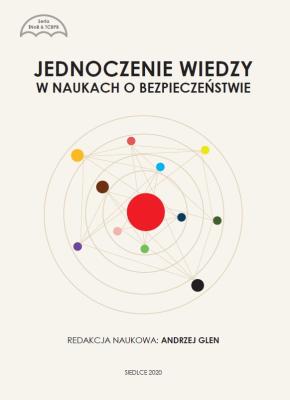Etyczno-polityczne aspekty uchodźstwa: doświadczenia niemieckie w ujęciu Roberta Spaemanna
Streszczenie
The article presents the views of Robert Spaemann, one of the most prominent contemporary German thinkers, on the question of population displacement in the late 20th century, and especially in the past few years of the 21st century in Germany. In this regard, a philosophical and ethical perspective presented by Spaemann is particularly important, considering, on the one hand, the dramatically increasing number of newcomers seeking asylum in Germany and, on the other hand, the decisions of the state authorities, often controversial, about the category of people who are entitled to stay, Spaemann indicates an objective criterion for the determination of this issue. This criterion can be found in the tradition of the great classical thought (Aristotle, St. Augustine, St. Thomas Aquinas) and is based on a degree of kinship and closeness to other people. This closeness is twofold: natural and cultural, and, obviously, it is incomprehensible to the utilitaristic orientation. At the same time, dis-crimination of Christian refugees, often experienced in refugee camps, arouses big sadness and provokes obvious opposition. The existence of migration and displace-ment raises an important question about the consequences of merging and mixing of different types of civilizations and cultures. In this respect, there exists a similarity between the views of Spaemann and Feliks Koneczny, the outstanding Polish historiosopher. Both thinkers warned against the great threat to the identity of the Latin culture of their own nations and of Europe represented by an attempted synthesis of different civilizations. On the other hand, it is permissible or even enriching to combine different cultures providing that they are cultivated in the same civilization.
Pobrania
Opublikowane
Licencja

Utwór dostępny jest na licencji Creative Commons Uznanie autorstwa – Użycie niekomercyjne 4.0 Międzynarodowe.





